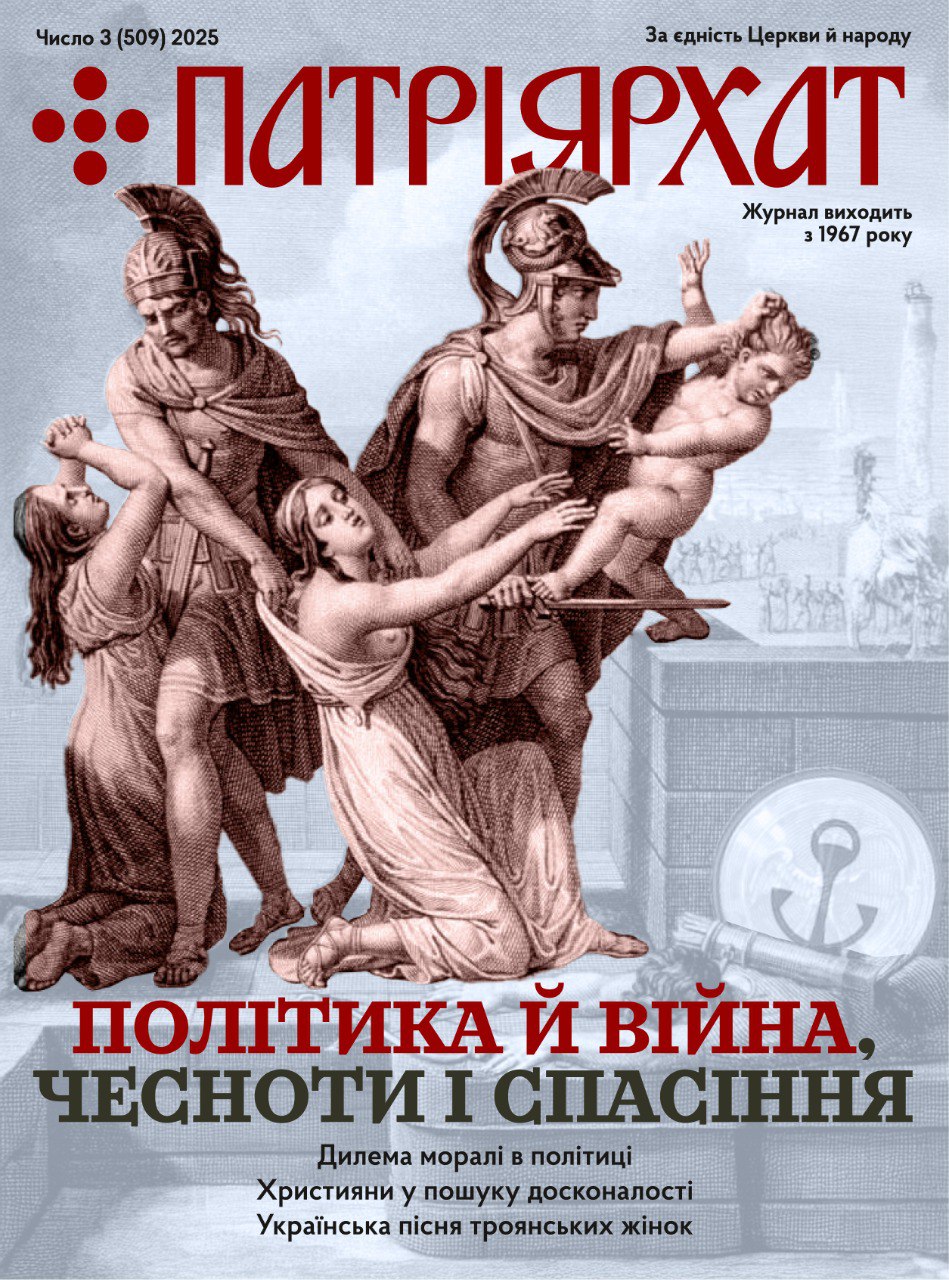Rome, October 4, 1977. Over 1,000 laity of the Ukrainian Catholic Church, 50 priests, and 8 bishops came to Rome from communities scattered on three continents and twelve countries to participate in a three-day program (September 30-0ctober 2) commemorating both the 60th anniversary of the ordination to priesthood and the 85th birthday of Joseph Cardinal Slipyj whom they recognize as Patriarch of this Church.
Irrespective of the negative stand the Apostolic See has taken to this procedure, the primate of the Ukrainian Catholic Church was commemorated as Patriarch during the Liturgies celebrated on this occasion at the Sobor of St. Sophia at 478 Via Boccea.
On Saturday, October 1, at a concert given at Palazza Pio in honor of the prelate, he was addressed and spoken of as Patriarch in the speeches, vocal renditions, and recitations of the evening. Making an obvious reference to the silence among many contemporary western leaders about religious persecution in the USSR and the satellite countries, Bishop Isidore Boretsky of Toronto, Canada described the Ukrainian Cardinal-Patriarch as a «witness to Christian truth in a century of betrayal.
Among the many church dignitaries attending this concert were four cardinals and two Eastern Catholic Patriarchs — Maxim V. Hakim of the Melkites and Chaldean Paul II Cheikho. The 1,500 people attending the concert gave the patriarchs an ovation for their action in defense of the slight eastern rite patriarchs were dealt the previous day during the opening ceremonies of the World Synod of Bishops.
The religious life and its growth of approximately 2 million Ukrainian Catholics living in the diaspora in the western world is hampered by Vatican centralistic administrative policies. As an Eastern Church, the Ukrainian Catholic Church can survive, grow, and serve the pastoral needs of its faithful only in an atmosphere of eastern spirituality and the preservation of its own traditions. This can be accomplished only under its own patriarchal administration similar to that of other Eastern Christian Churches. Yet, as at present it is obvious, the tendency of Vatican bureaucracy is to fragment this Church by subjecting its separate eparchies to the practice of maintaing their individual ties with the Holy See individually through the apostolic legations rather than permitting to maintain them through a synodal administration of their Particular Church — as is the traditional procedure in the Christian East. The Ukrainian Catholic Church has not only been refused recognition of a patriarchate but now, at a time of an acute shortage of clergy, this is being intensified by a Vatican attempt to impose upon the Ukrainian Catholic Church the requirement for a celibate clergy. The Vatican curial circles are trying to strip the office of the Major-Archbishop of the rights derived from same. They want to make it purely honorific. This is a death blow to the cohesion of the Ukrainian Catholic Church as a separate and complete unit.
This procedure runs parallel to that of the Soviet Union. Spokesmen for the Kremlin maintain that the Ukrainian Catholic Church in Ukraine ceased to exist in 1946 (with its forcible incorporation into the Russian Orthodox Church. Vatican curial circles are Latinizing the Ukrainian Catholic Church and Moscow policymakers are Russifying it. Both practices spell the death of this Church.
Because of his uncompromising struggle in defense of religious freedom and the return of the right to legal existence for the Ukrainian Catholic Church in Soviet Ukraine, Patriarch Slipyj has been under sharp attack in the Soviet press and propaganda publications. Because of his strong defense of the rights of his Church, this prelate has earned the displeasure of the Vatican.
Vatican reluctance to openly defend the persecuted Ukrainian Church and its refusal to respect the traditional rights of this Church has lead to the assumption that some offices of the Holy See are prepared to sacrifice iy yo gain undefined concessions from the Soviet Union. The Ukrainians are deeply grieved by this possibility. They are deeply concerned about the role of the Vatican diplomats at the Belgrade Conference where there is no indication of defense of human rights in general and religious freedom in particular. Present Vatican policies have aroused serious ferment among Ukrainians who are anxious to preserve their loyalty to the Holy See but who also fear that the price of this unity would be the eventual destruction of their Particular Church, Are Vatican policies toward the Ukrainian Catholic Church not a bad road mark to Christians not yet in union with the Holy See but launched on the path of ecumenism?
Released by World Federation of Ukrainian Patriarchal Societies.
* * * * *
On the occasion of celebration commemorating 60-years of priesthood of Patriarch Josef, at the beginning of October 1977 in Rome, different events took place, among them a festive concert and two press conferences, which were mentioned in great detail in Italian, French, German, Polish and English press. Mention was also made in such newspapers as II Tempo, Corriere Della Sera, Roma, II Mattino, II Giornale dellinterno, Le Mond, Le Figaro, Nachrichten and Frankfurter Allgemeine Zeitung.
Below we reprint the reviews in press and the speech made by Most Rev. Isydore Borecky.
INTERNATIONAL DAILY NEWS
Wednesday, October 5, 1977.
CONDEMN COLLABORATION

